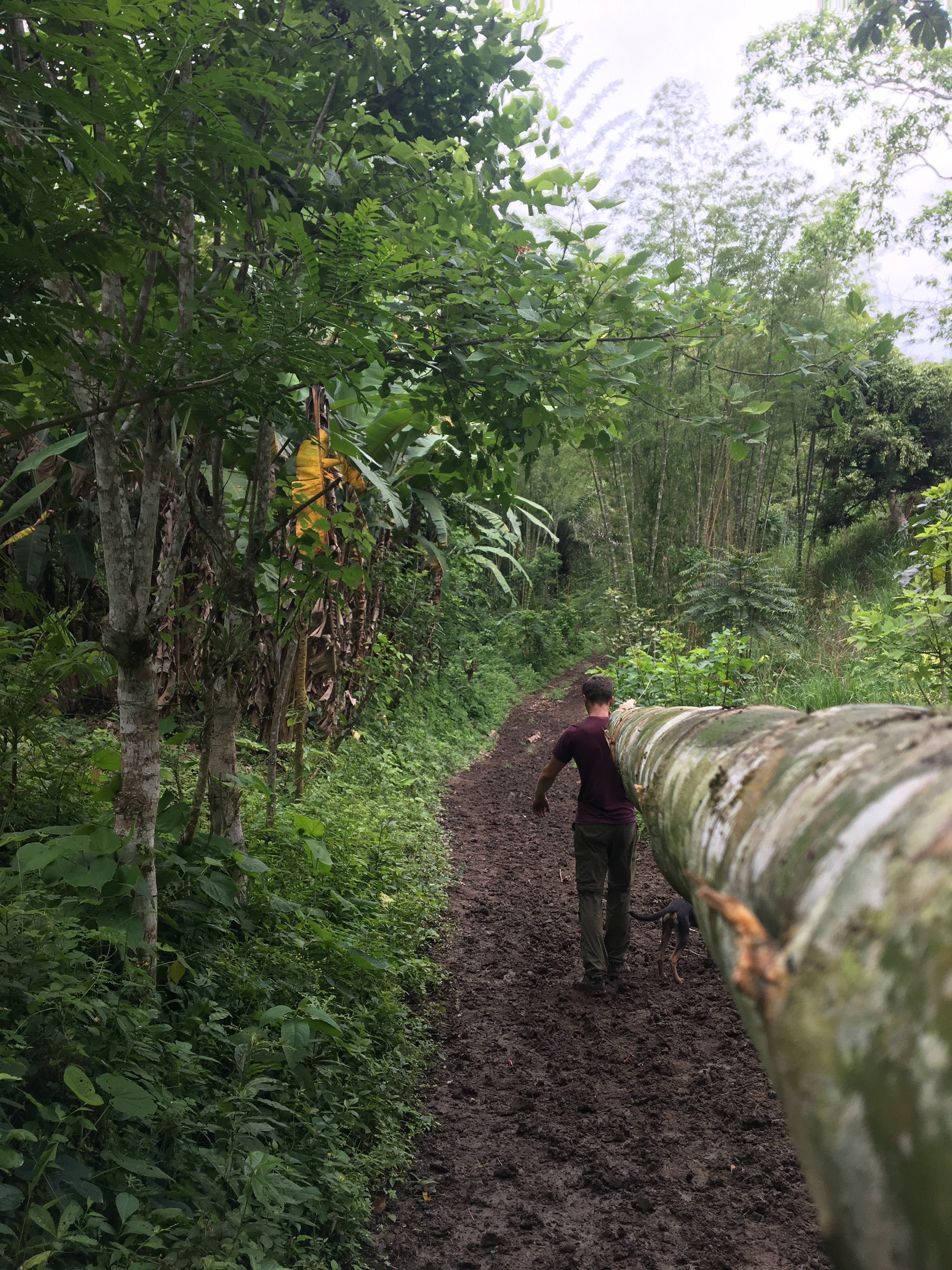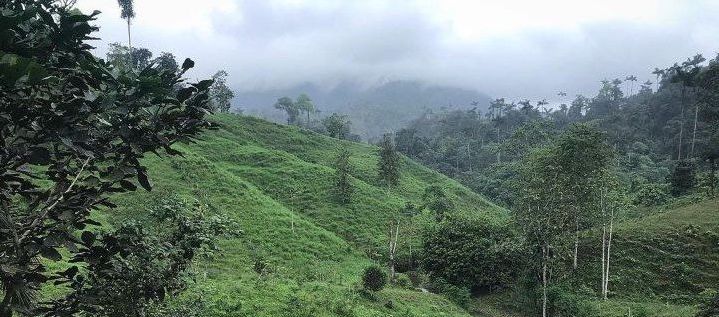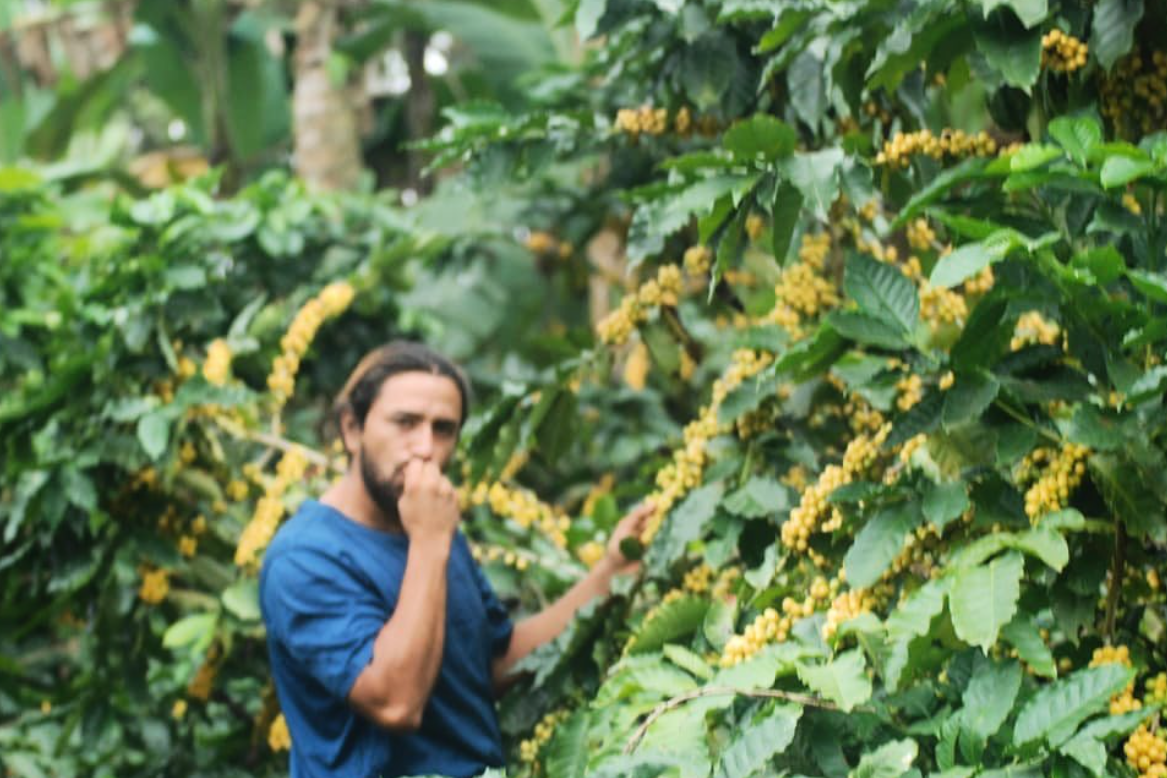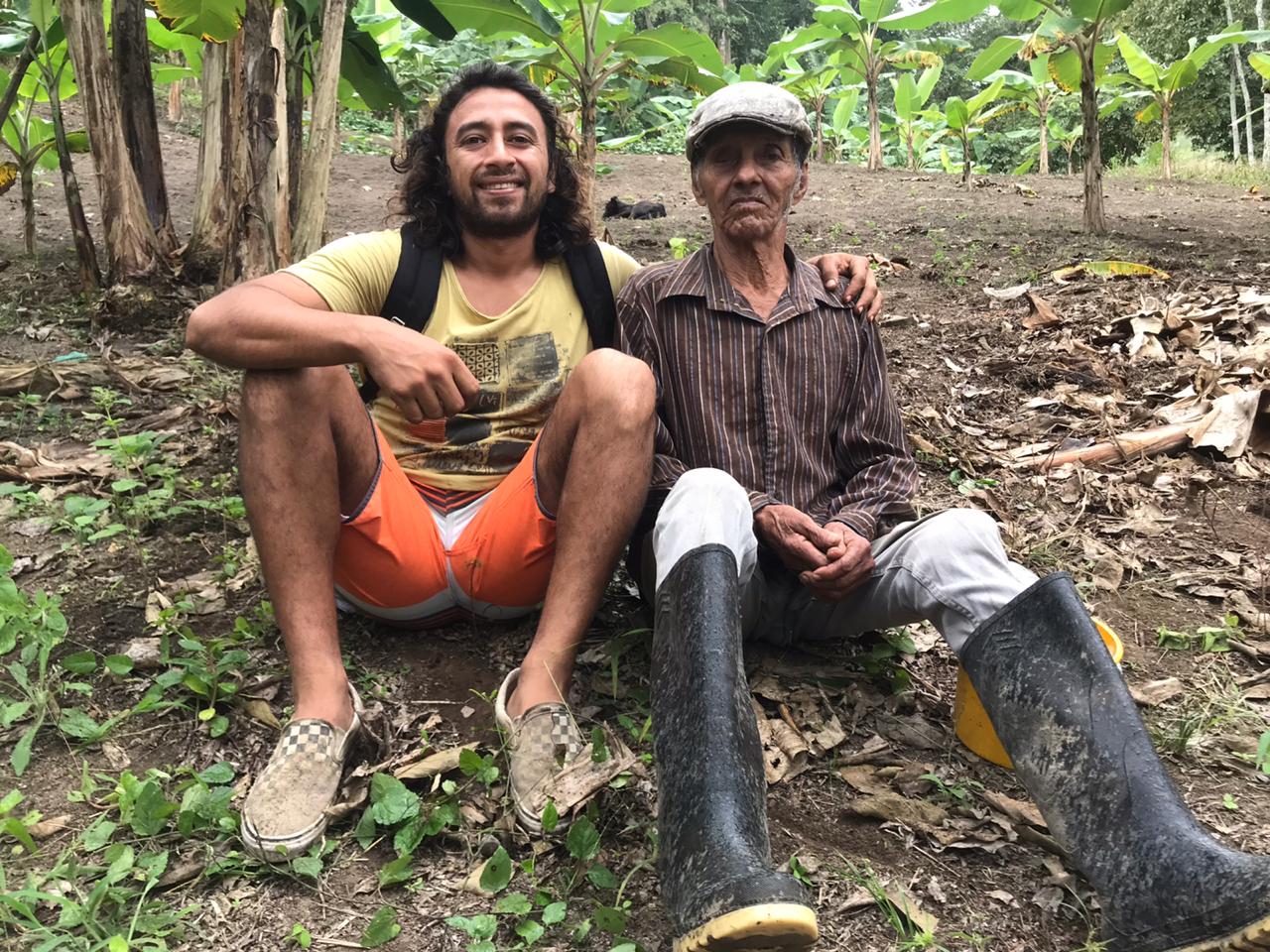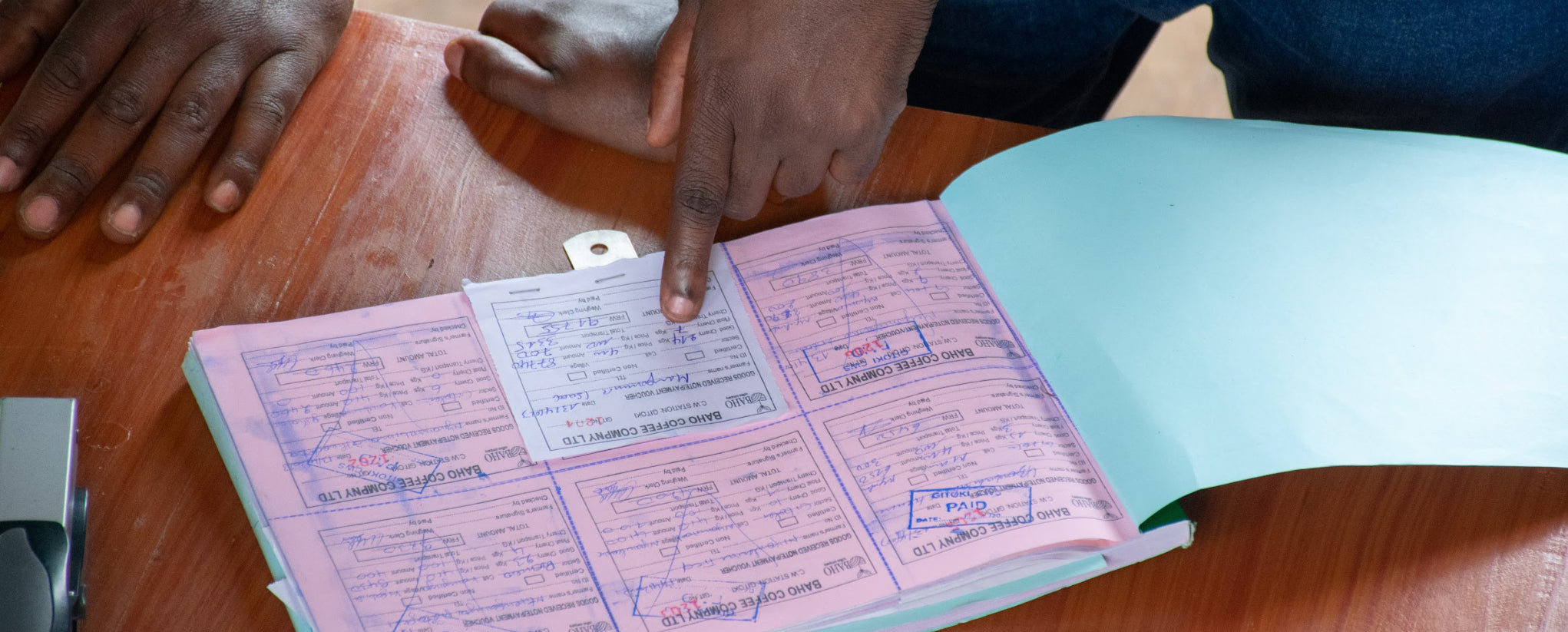The coffee industry in Ecuador is deeply intertwined with the nation's culture and economy. Coffee cultivation began in the mid-19th century, gaining prominence in regions like Loja and Zamora-Chinchipe. Ecuador's diverse microclimates contribute to the cultivation of Arabica beans with high and recognizable quality. However, the Ecuadorian coffee industry struggles with multiple challenges. Small-scale farmers are confronted with ongoing market volatility, as global price fluctuations jeopardize their financial stability. Pests and diseases pose continuous threats, requiring investments in pest control that strain limited resources. Insufficient infrastructure worsens these issues, hindering efficient transportation and market access. Climate change further complicates matters, altering traditional growing seasons and affecting crop quality. These downsides underscore the need for strong partnerships.
